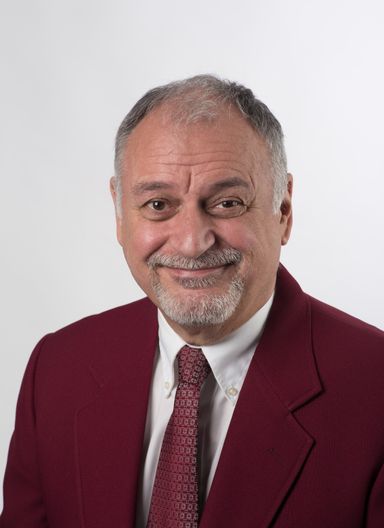SUSPENSION OF DRIVER’S LICENSE PENDING PROSECUTION
FAQs about DWI hardship license pending prosecution
What is “prompt suspension” of my driver’s license?
At arraignment for a DWI misdemeanor charge, the court follows a “prompt suspension” law and will suspend one’s license pending the criminal prosecution. If the charge is a DWAI alcohol violation or a DWI-Drugs charge, prompt suspension does not apply. However, other suspension laws could apply to those.
What is a “hardship license?”
The court will hold a civil hearing at the time of arraignment if the driver requests a hardship license. If granted, this allows the driver very limited driving privileges for only 30 days. The privileges allow driving to and from work only; enrolled educational courses; and medical appointments. Nothing else is allowed. For more, a conditional license is required.
How do I show hardship?
The burden of proof is on the driver to show “extreme hardship.” This is defined as follows:
“[E]xtreme hardship” shall mean the inability to obtain alternative means of travel to or from the licensee's employment, or to or from necessary medical treatment for the licensee or a member of the licensee's household, or if the licensee is a matriculating student enrolled in an accredited school, college or university travel to or from such licensee's school, college or university if such travel is necessary for the completion of the educational degree or certificate.”
To prove hardship, this cannot be based solely on the driver’s testimony, so either or both another witness and documentation should be presented. Bus or train schedules showing that public transportation does not exist sufficient to meet the commuting requirements; written quotes from one or more cab companies showing what the cost would be prohibitive; proof of the driver’s residency, such as bills sent to that address and addressee, proof of employment or student status. You must have all of this at the time of your arraignment.
Disqualification
If the court finds that there exists reasonable cause to believe the driver had been convicted of any violation under VTL § 1192 within the preceding 5 years or committed a violation of a felony homicide, then there is no hardship license available, so for at least 30 days after arraignment, there can be no driving for any purpose.
Do I need an attorney at arraignment?
Yes, you do, because the is hearing necessary if you want a hardship license, is a formal civil hearing which requires that you provide evidence and know the the rules. If you don't have one, and the court does not adjourn the arraignment, you may lose your driving privileges for 30 days and won't even be able to legally drive home. I can assist you in the preparation and represent you at the hearing as part of being retained as your DWI attorney.
What happens after the 30 days and my hardship license expires?
The suspended driver, after 30 days, may apply for a conditional license pending prosecution from DMV if otherwise eligible. That conditional license will be good for as long the DWI case is pending in criminal court. The driving conditions, though limited, are significantly better than those under the hardship license. Without a conditional license there can be no driving. Typically, along with the conditions one had under the hardship license, there is a period of time allotted once a week for personal driving needs such as shopping, etc.
[revised 9-1-23]
Office/Service Address: 301 Manchester Rd #201, Poughkeepsie, NY 12603. This website constitutes attorney advertising and the contents of any links to other websites are not our opinions or in our control. The law firm does not collect any information through cookies or otherwise invade your privacy although third party services you use to access this site or link to may .
℠ Service mark protected and © Copyright 1999-2025. All rights reserved.
We need your consent to load the translations
We use a third-party service to translate the website content that may collect data about your activity. Please review the details in the privacy policy and accept the service to view the translations.
